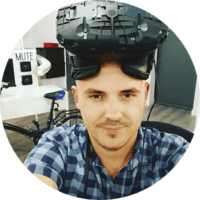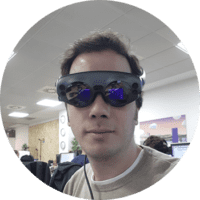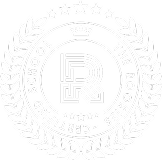M.S. in Graphic Computing, Virtual Reality and Simulation
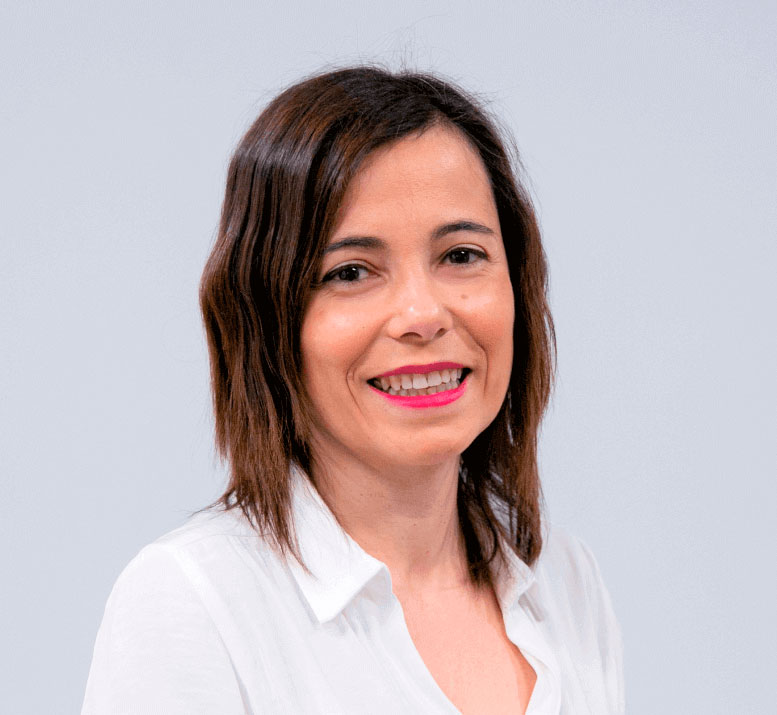
Need advice on what to study?
I'm Sonia and you can reach me to solve any question
Want to make it real?
Fill out the form and receive the brochureDone!
Description
By studying this master’s degree, you will learn the most advanced techniques in Extended Realities (Virtual Reality, Augmented Reality, and Mixed Reality) for the latest devices on the market: Oculus, Pico, and Apple’s Vision Pro.
You will learn the various simulation methods for CFX and VFX used in the film, video game, and engineering simulator industries. You will train in graphic rendering, advanced virtual reality techniques, GPU optimization for simulations, and advanced physical animation programming techniques…
You will also dive deep into the use of graphic engines and apply virtual reality techniques for video games, visual effects (CFX and VFX), or non-gaming applications.
Study with a research and professional faculty and enjoy top-tier networking. Our more than ten cohorts of students trained in our classrooms are leading these new technologies both in Spain and worldwide.
Our curriculum is reviewed and updated in collaboration with the industry committees made up of the most relevant companies in the sector, ensuring that our students graduate with the best preparation and a significant boost in their careers.
Study the most recognized master’s degree in the market for tech profiles!
This is an official master’s degree with high national and international projection, granting access to a doctorate.
This master’s degree is for you if…
You have graduated in Mathematics, Physics, Technical and Senior Engineers in Computer Science, Telecommunications, and related fields.
You hold a university degree with knowledge of C/C++ programming, algebra, and calculus.
Career opportunities
- Expert in Simulation for VFX Environments and Engineering
- Researcher/PhD candidate in advanced simulation techniques
- Simulation programmer for effects and VR in video games
- Expert in development and design for virtual, augmented, and mixed reality environments
- Researcher/PhD candidate in advanced immersive worlds techniques
- Expert in Computer Graphics
Where Our Students Work
At U-tad, we have employment and internship agreements with over 1,000 companies.
A prestigious education, backed by more than 10 years of experience training top professionals who lead the most innovative projects in the industry both in Spain and abroad.
Our students are working at leading companies in the sector such as Skydance Animation, Electronic Arts, Acciona, Unity, King, La Frontera VR, Warner Bros Discovery, Estudio Future, Ludus, Hampa Studio, Led&Go, Capgemini Engineering, Atresmedia, Everis, CSIC, Altran, Simumak, NTT Data, Epic Games, and many more.
Partner companies

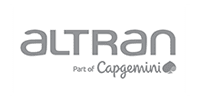



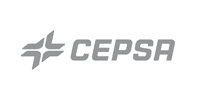
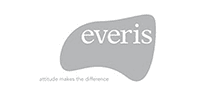




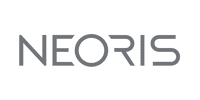







Study plan
- Location: U-tad Campus
- Schedule: Thursday (5:00 PM – 10:00 PM), Friday (4:00 PM – 10:00 PM), Saturday (9:00 AM – 3:00 PM) CET
- ECTS: 60 ECTS
- Language: Spanish
- Modality: On campus
- Affiliated Center: Camilo José Cela University
| COURSE NAME | ECTS | TYPE | DURATION |
| Hardware Devices | 3 | OB | 1st semester |
| Mathematical Fundamentals | 3 | OB | 1st semester |
| Projective geometry | 3 | OB | 1st semester |
| Numerical Methods | 3 | OB | 1st semester |
| Advanced Programming | 6 | OB | 1st semester |
| Simulation of Dynamic Systems and Complex Systems | 3 | OB | 1st semester |
| Use of Three-Dimensional APIs | 6 | OB | 1st semester |
| Development and Integration of VR solutions | 3 | OB | 1st semester |
| Concurrent Programming | 3 | OPI | 1st semester |
| Rendering and Realistic Visualization | 3 | OB | 2nd semester |
| Advanced Animation and Simulation | 6 | OPI | 2nd semester |
| Simulation of effects in video games | 6 | OPI | 2nd semester |
| Data Display | 3 | OB | 2nd semester |
| External Internships | 6 | OB | 2nd semester |
| MASTER’S THESIS | 9 | OB | 2nd semester |
Leyenda: Basic Training (B) | Compulsory (OB) | Electives (OP) | Obligatorias de Mención (OBM) | External Internships (PE) | Final Degree Project (TFG)
| COURSE NAME | ECTS | TYPE | DURATION |
| Hardware Devices | 3 | OB | 1st semester |
| Mathematical Fundamentals | 3 | OB | 1st semester |
| Projective geometry | 3 | OB | 1st semester |
| Numerical Methods | 3 | OB | 1st semester |
| Advanced Programming | 6 | OB | 1st semester |
| Simulation of Dynamic Systems and Complex Systems | 3 | OB | 1st semester |
| Use of Three-Dimensional APIs | 6 | OB | 1st semester |
| Development and Integration of VR solutions | 3 | OB | 1st semester |
| Augmented and Mixed Reality | 3 | OPI | 2nd Semester |
| Advanced Virtual Reality | 6 | OPI | 2nd Semester |
| Rendering and Realistic Visualization | 3 | OB | 2nd Semester |
| Virtual Reality Systems | 6 | OPI | 2nd Semester |
| Data Display | 3 | OB | 2nd Semester |
| External Internships | 6 | OB | 2nd Semester |
| MASTER’S THESIS | 9 | OB | 2nd Semester |
Leyenda: Basic Training (B) | Compulsory (OB) | Electives (OP) | Obligatorias de Mención (OBM) | External Internships (PE) | Final Degree Project (TFG)
Faculty

Laura Raya González
- Director of postgraduate courses in Virtual Reality, Professor
- Professor and Researcher
Students' projects and awards
Your Project: Your Best Professional Presentation
Students' feedback
Our students are pursuing successful careers, leading the exciting sector of VR, Computer Graphics and Simulation. Our training provides students with a truly high-quality and industry-recognized education from a professional staff who are paving the way in this technological era.



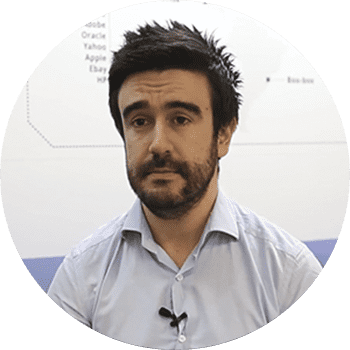
Request information
Frequently Asked Questions
Students develop solutions applied to real-world scenarios: surgical simulators, virtual environments for professional training, mixed reality experiences, and tools with integrated artificial intelligence. Projects such as Lancelot, Virtual Transplant Reality, and Momentum VR have been recognized by organizations like Indra, IdiPAZ, Fundación Universia, and Fundación Orange.
